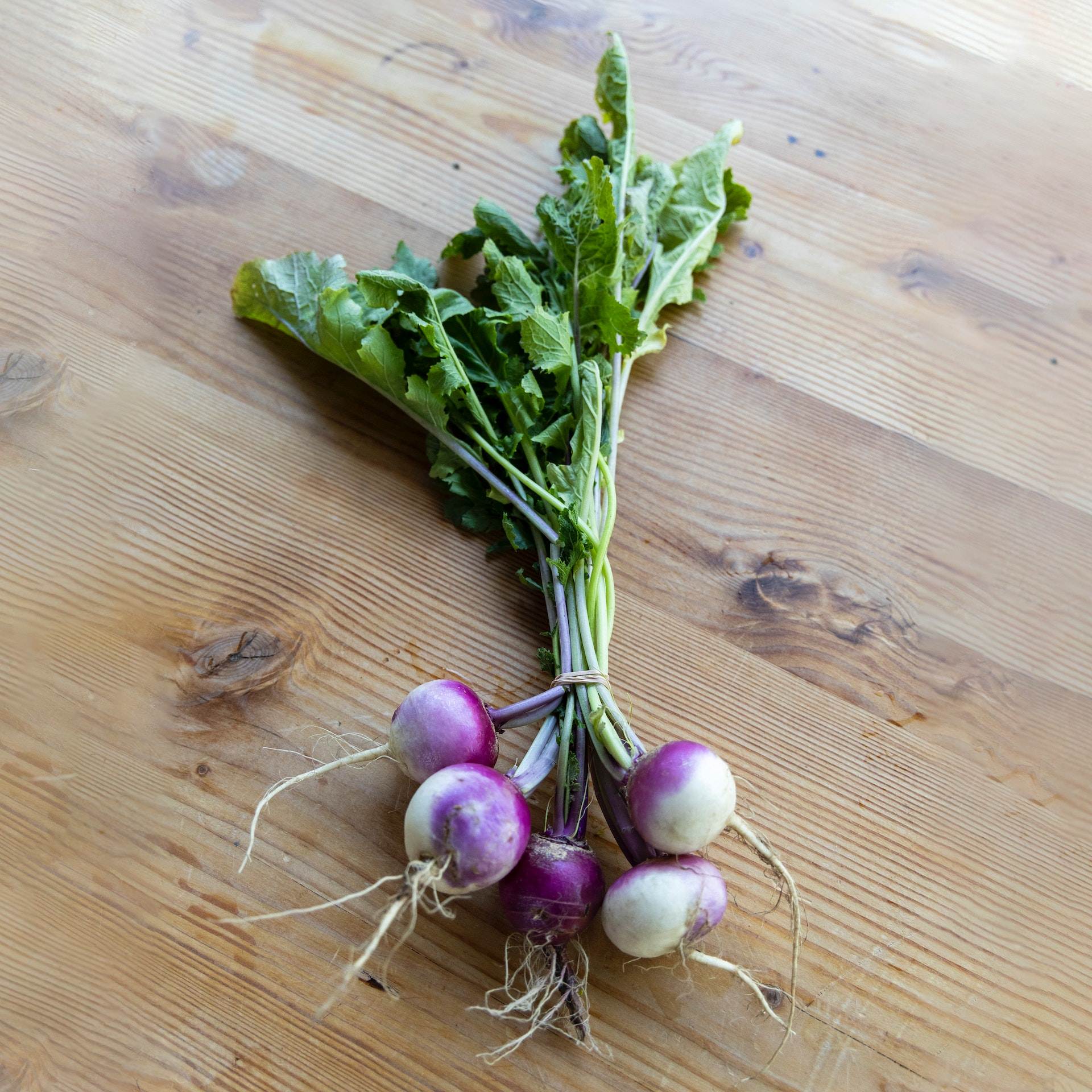The ongoing conflict in Ukraine has had a lasting impact on food prices in Ukraine, the UK and throughout the world. One year on, with no end in sight to the war, the situation remains challenging for many Ukrainians, who continue to struggle with high food prices and shortages. Here in Sheffield and the UK as a whole, the short-term impacts of food shortages from the beginning of the war are still felt today. The long-term worries we were warned about are finally starting to bite back as we enter spring. But it’s not just the conflict that is driving these shortages and price increases; climate change and inflation have each played a role.
A Year of War in the Breadbasket of Europe
At the immediate start of the war, prices for wheat, oats, barley, corn and vegetable oils spiralled. Food needed to be reserved for Ukrainians, but moving goods with Russian bombardments was also difficult. Russia and Ukraine export more than a quarter of the world’s wheat. This had enormous repercussions for countless countries that rely heavily on these exports, including the UK. It’s this massive farming tradition that gave Ukraine its nickname as the breadbasket of Europe. But after a year of war, many of their farmers have been unable to sow new crops. These shortages will continue until the conflict ends.
Another factor in the sudden food price increase was also the rising price of fuel and fertiliser. While fuel costs have somewhat reduced, they remain higher than pre-war levels. Fertiliser continues to be high cost. The reduced access to it last year for farmers worldwide means we could be in for lean harvests this year too.
Wholesale food prices have generally returned to pre-war levels, but we are not seeing that reflected in our shopping baskets. So, that begs the question, what else affects the price of our food here in Sheffield?
The UK’s Reliance on Global Food
The Covid pandemic was the first significant setback to global food supply chains, even before Russia invaded Ukraine. It highlighted how a global food system is incredibly precarious when workers had to stay home, and goods couldn’t be transported. When much of your food shop is reliant on overseas production, you’ll rapidly be stuck in the lurch when those countries reduce their exports or stop them all together. Covid finally revealed the cracks in the system, and the Ukraine conflict broke them apart. Food prices may have returned to pre-war levels, but they have not yet returned to pre-pandemic levels when they were considerably lower.
Another knock-on effect of both the pandemic and the war, is the soaring cost of energy. While the focus may be on heating your home this winter, it’s also put further pressure on food prices. As businesses try to keep up with their rising energy costs, the prices of the food they produce go up too. All of this adds to increasing inflation across food and other household items. Once again, an overreliance on food produced abroad means that the UK is not weathering this storm as well as other countries.
Let them eat turnips!
Right now, we are experiencing a salad shortage. It’s the perfect example of global supply issues and the pressing issue of climate change. Poor crops in Spain and Morocco have seen a shortfall of tomatoes, cucumber and salad leave exports to the UK. With leading supermarkets limiting purchases and empty shelves common, these types of shortages are becoming more and more frequent. The Environment secretary, Therese Coffey, suggested the public switch to UK turnips instead, forgetting that turnip season is long gone. While we agree that switching to local food is part of the solution, it would help if the food was in season!
Fran Halsall of Sheffield’s Regather, an organic farm and veg box supplier, reflected on why their boxes have contained tomatoes while the biggest supermarkets in the country ran out.
Our longstanding relationships with our suppliers and our focus on seasonality is the key. We work with suppliers like Organic North Wholesalers who really value farmers, who buy ethically and believe in investing in the food system. Because of this, we have access to a wide variety of veg grown throughout the UK and Europe. This is made possible by supporting these farmers year-round and paying reasonable prices for the food they produce to keep their activity viable.
Regather adapts to the season and the availability of fruit and vegetable growers, this adaptability means that our veg boxes are always full of delicious produce and more resilient in bad weather and shortages. It doesn’t mean we will have tomatoes every week, and certainly, we’d argue it would be great if we adjust our habits, so tomatoes are savoured and eaten in season – cos gosh they taste 100% better!
Fran Halsall, Regather
The message here is to reward farmers with fair prices all year round, focusing on quality, seasonal produce. Investing in local businesses will ensure our community can access the food they need. The public is very much on board with shopping locally. Some research has indicated that 60% of consumers said that post-pandemic, they expect to buy from local shops, compared to 40% shopping locally pre-Covid. But, to really make that change, we need our government to invest in our farmers, infrastructure and food policies that work for real people living in Sheffield.
Actions you can take
While government and large institutions should take the lead on this, here are some small steps you can take for your own family.
- Explore local, seasonal and organic food options – Sheffield has a growing urban farming sector. Check out Regather Farm, Moss Valley Market Garden, Holly Hagg Farm and Leaf + Shoot for local veg, salad and fruit.
- Support Ukrainian refugees by visiting Café Kalyna. Located on Abbeydale Road, beside The Broadfield pub, they employ Ukrainian refugees and offer English lessons. Plus, they make delicious Ukrainian cuisine.
- Switch to seasonal UK-grown veg – Choose veg and fruit options that are in season now in the UK; they are often cheaper, definitely tastier and help British farmers.
- Grow it yourself – There’s nothing quite like the taste of veg freshly plucked from the garden.
—
ShefFood is the food partnership for Sheffield. They are a cross-sector partnership of public agencies, businesses, and academic and community organisations committed to working together to create a more sustainable food system for Sheffield. For more information or to get involved, please contact ShefFood’s Partnership Coordination Team at info@sheffood.org.uk.

